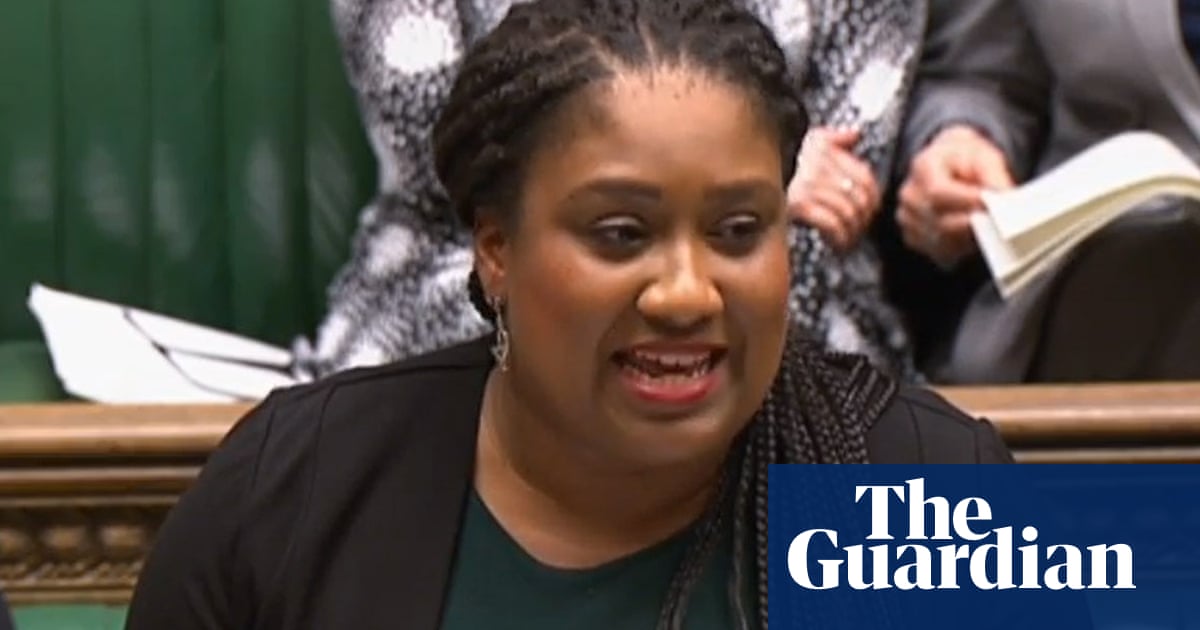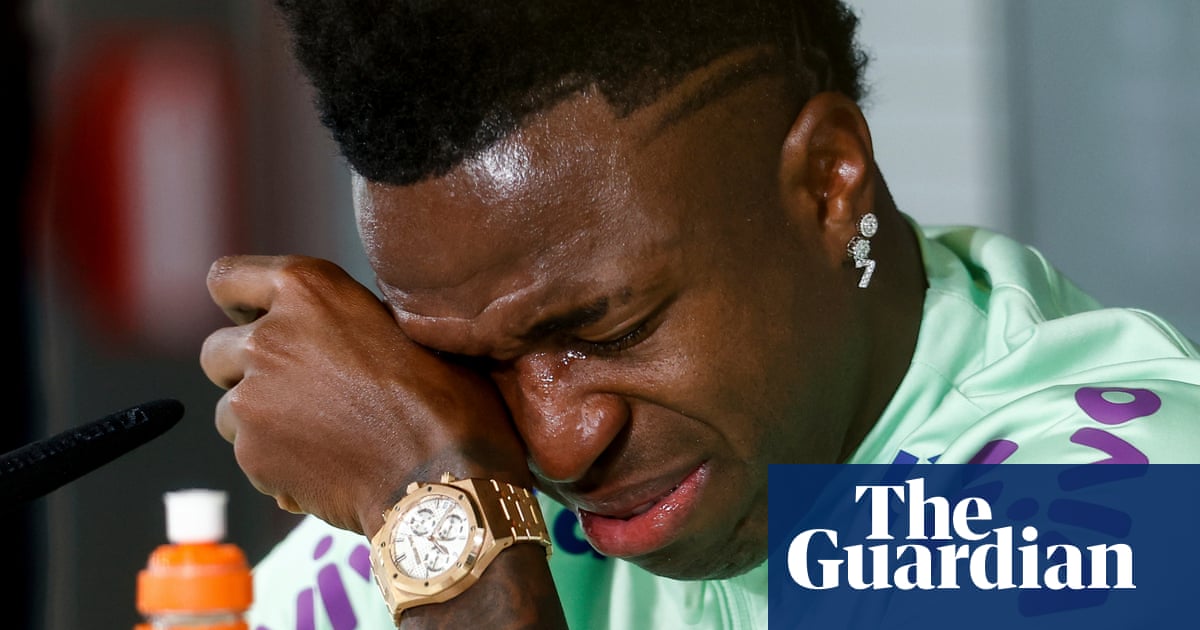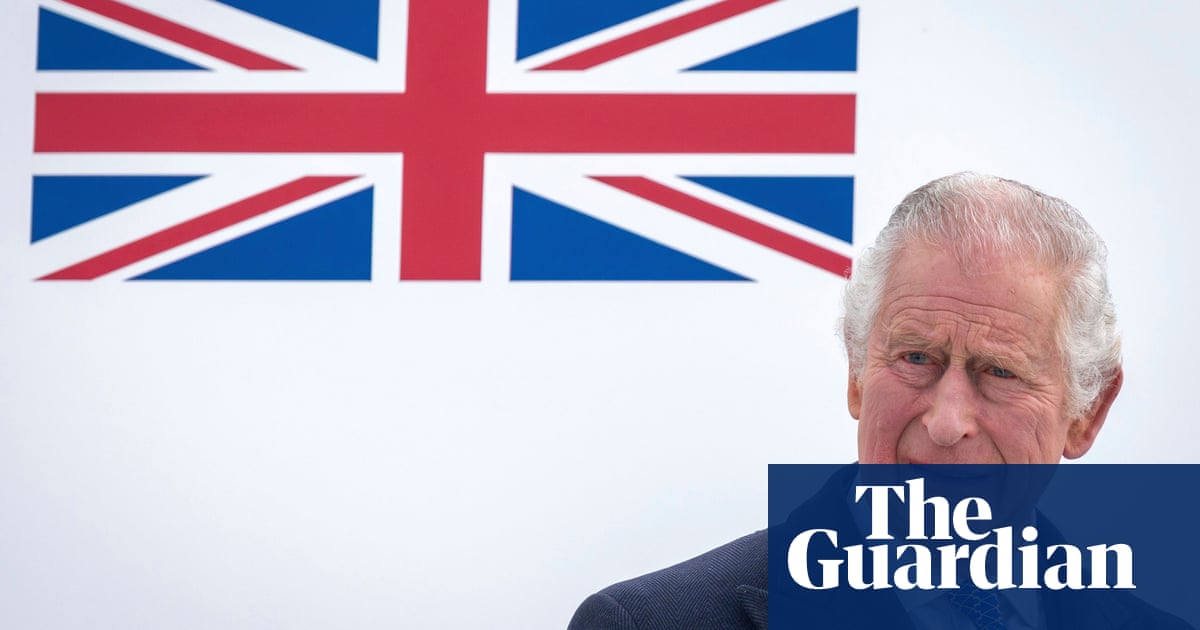
Artists, cultural leaders and city mayors have called for a new national museum to be established to document Britain’s involvement in the transatlantic slave trade and its racist legacy.
The Black Lives Matter protests and the toppling of the slaver Edward Colston’s Bristol statue have fuelled demands that Britain face up to the horrors of its past in order to combat contemporary racism. A museum educating people about the country’s role in the slave trade is seen as one way of helping to to do that.
Hartwig Fischer, the head of the British Museum, which features many looted treasures from the country’s colonial past in its collections, said: “In principle, it’s a very good idea. What kind of museum? I think that needs to be debated within the communities. That will be a very important process to find a consensus. To find a way together to define what that museum should be.
“Take the country where I come from [Germany], where the memorials there are places of information: museums that talk about the Holocaust, places that that highlight Jewish life. You have all these all these different places that allow you to to concentrate on that history, to engage with it, to understand its meaning and the injustice, painand trauma inflicted. That should be the role of such an institution.”
Fischer said such a museum could include everything from great artworks to “very humble objects” along with documents and photographs. He suggested a broader remit, similar to the National Museum of African American History and Culture in Washington DC, which highlights the “extraordinary contributions” of African Americans alongside an exhibition documenting the horrors of slavery.
The novelist and poet Ben Okri also made reference to the Washington museum. “That deals comprehensively with slavery and it’s amazing and very, very helpful for black people and white people just to understand how the world got to where it is. It’s overdue [in the UK] and it’s important for the enlightenment of future generations.”
Both Okri and the sculptor Anish Kapoor, like Fischer, compared the situation in Britain to the commemoration of the Holocaust in Germany. “Whatever else, at least there’s an acceptance [in Germany],” said Kapoor. “Twelve million people were taken from Africa over the course of slavery, but there’s no monument. How can it be?”
The three most important British ports in the slave trade – London, Bristol and Liverpool – all grew extremely wealthy on the back of it. The economy also benefited hugely from Caribbean sugar, grown on slave plantations in Britain’s colonies.
Yinka Shonibare, the British-Nigerian artist whose work has featured on the fourth plinth in Trafalgar Square, said: “A national slavery museum is imperative if we are to have a deeper understanding of our wealth as a nation and atone for the sins of our ancestors. We owe it to the next generation, we must lead the tide of social justice and equality for all. A slavery museum in the United Kingdom will be cathartic for our deeply wounded community.”
The Fabian Society and the London mayor, Sadiq Khan, called last year for a national slavery museum based in the capital and the current protests have given the idea greater impetus.
“As we rightly question the levels of racism and discrimination in our society and the people that we publicly celebrate in our streets, the need for a dedicated slavery museum or memorial in London grows,” said Khan.
Andy Street, the Conservative West Midlands mayor, called a museum a “practical solution” to acknowledge what was wrong with British history. The Bristol mayor, Marvin Rees, said it would have to take into account that “the relationship between the UK and the African heritage people is more than slavery”.
There is an International Slavery Museum in Liverpool within the Merseyside Maritime Museum building, but many feel that the scale of the atrocity merits a museum on a par with other major institutions.
Fatoş Üstek, director of Liverpool Biennial, the UK’s largest festival of visual contemporary art, said it would be a good start, but more was needed. “We have to do more than containing this history in a museum,” she said. “Knowledge is produced through active participation and filtering of information. This initiative should be supported by a nationwide history programme, in the public and private sphere, and with an integrated curriculum throughout education.”












